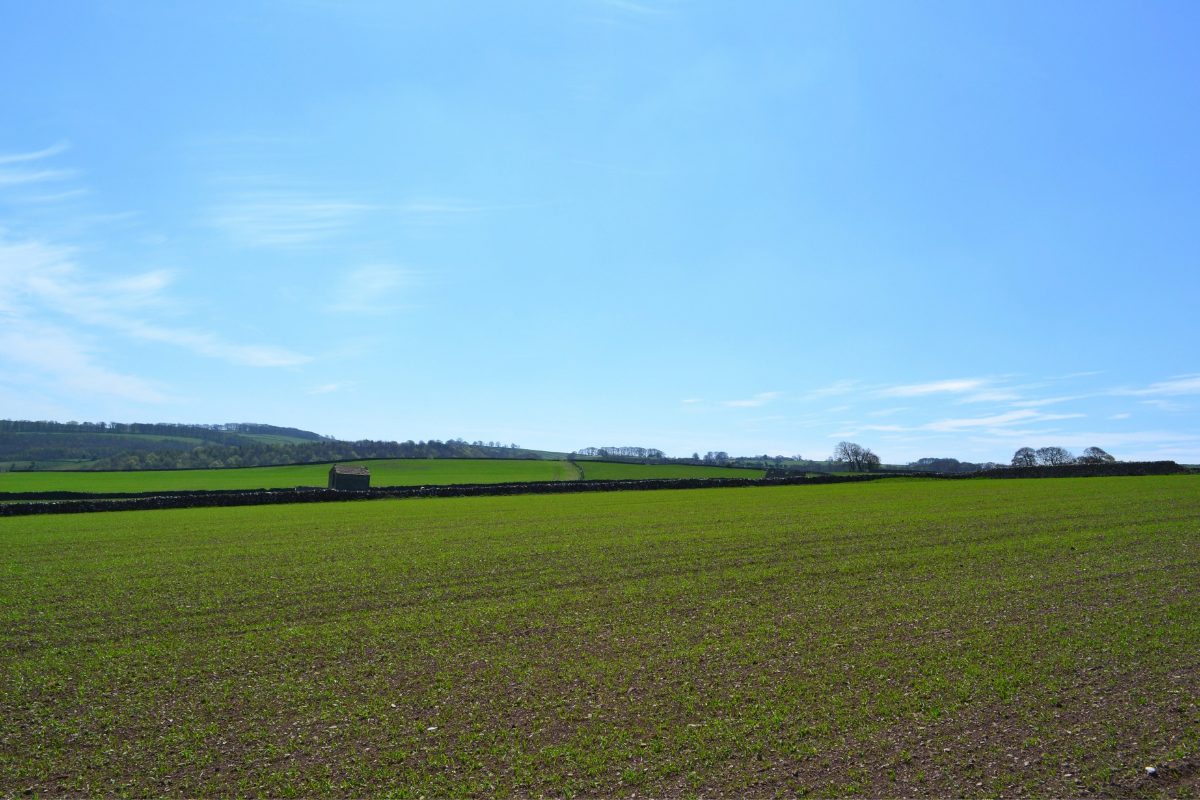More and more investors have been turning to real estate as a way to diversify their retirement portfolios. Self-directed IRAs, 401(k)s, and Health Savings Accounts can hold everything from pre-construction and condominiums to rebabs and rental properties. With larger contribution limits and trillions of dollars currently situated in retirement plans, investors are able to look outside the realm of publicly traded equities and into assets such as real property. Though real estate investment options continue to evolve, undeveloped land remains a viable option for retirement plans. The simplicity of raw land allows investors to diversify into real estate while mitigating upkeep responsibilities.
Ready to invest in real estate with a self-directed IRA? Click here to open a new account today!
Raw Land as an Investment
An upside to adding a property to a retirement plan is diversification. Real estate has long offered investors a way to offset fluctuations in stocks and mutual funds. Over the years, millions of investors have utilized this diversification strategy in their personal portfolios. However, they have started implementing this method within their retirement plans in larger numbers every year. While some may believe that IRA-owned property may carry significant responsibilities, an attractive attribute of land is its simplicity. Land enables investors to participate in real estate with a reduced possibility of complicated management requirements and unforeseen expenses.
Keep in mind that when a retirement plan holds a property, any expenses involved must be covered by the plan. Simply put, if an IRA owns a rental property, the IRA must pay for any repairs or renovations. Investors who self-direct their retirement plans into assets like real estate will have to be more involved than those who just turn their accounts over to a brokerage house. However, raw land offers a potentially low-maintenance way to invest in real estate. Raw land has only one relatively predictable expense – Annual property taxes. Of course, you could lease your land to a farmer or a timber company, which may incur additional expenses but should also boost your earning abilities.
Know Your Options
The goal of a retirement plan is to build your nest egg through wise investments, and diversification can be a key tool in doing so. Understanding every possibility will only make you a smarter self-directed investor. Raw land can be purchased and held for the long term, ideally with reduced concerns about repairs or expenses. Be it a vacant lot in a planned development area or a large track of farmland, raw land provides an avenue for diversifying your portfolio.
Feel free to give New Direction Trust Company a call at 877-742-1270 or send us a message through the Client Portal.


 Back to Blog
Back to Blog

